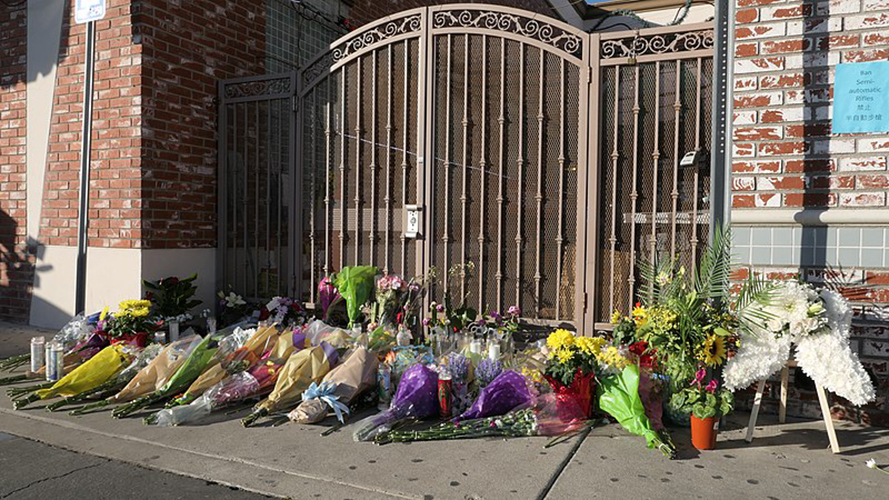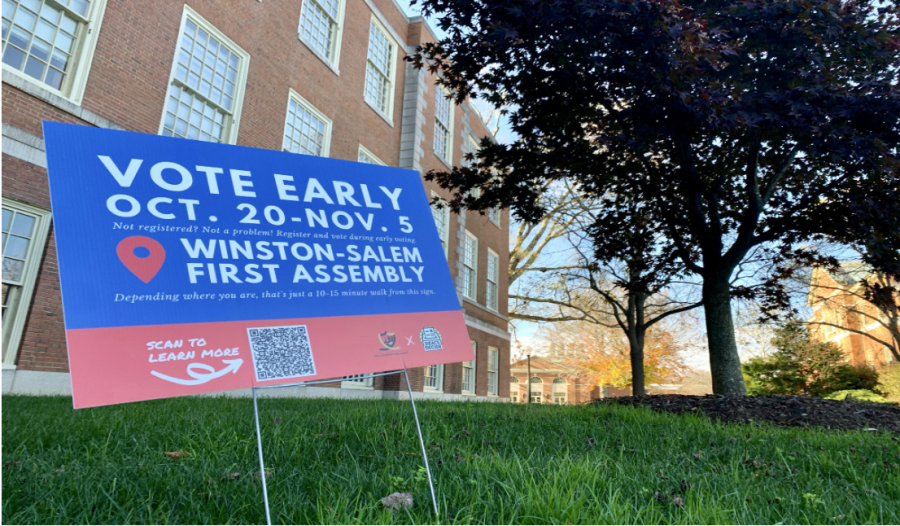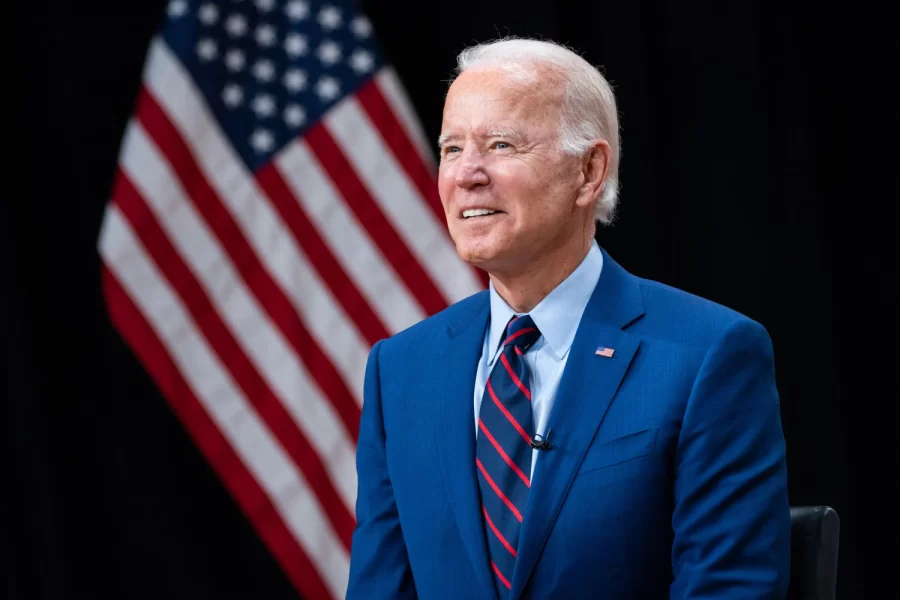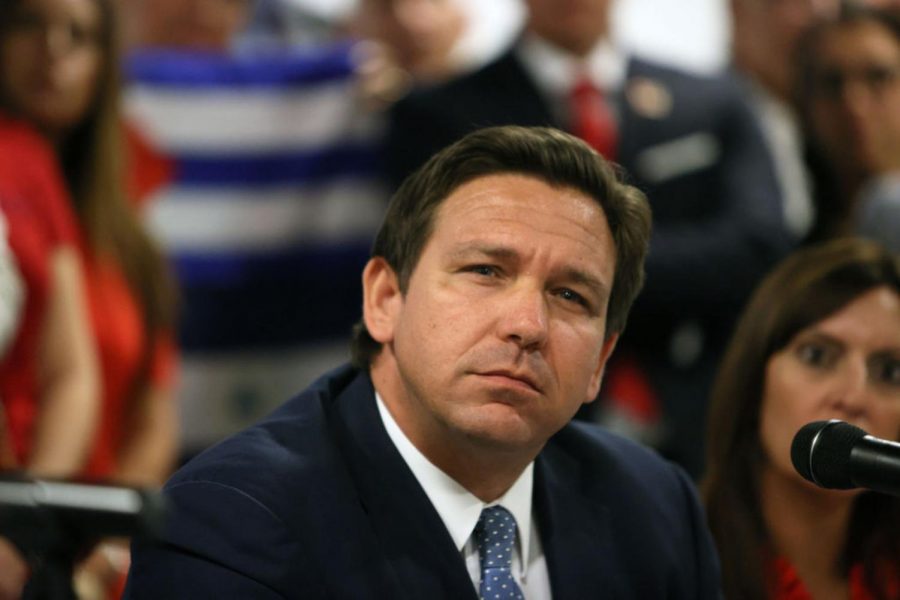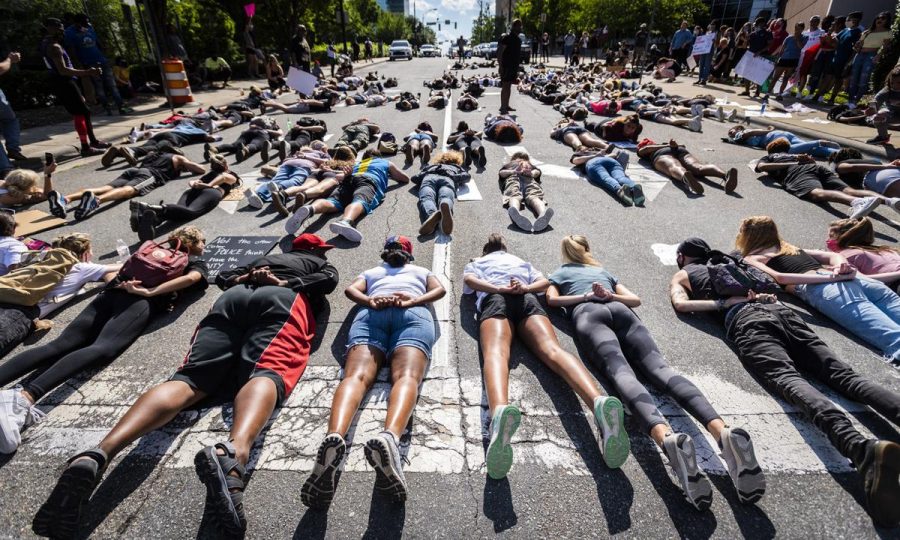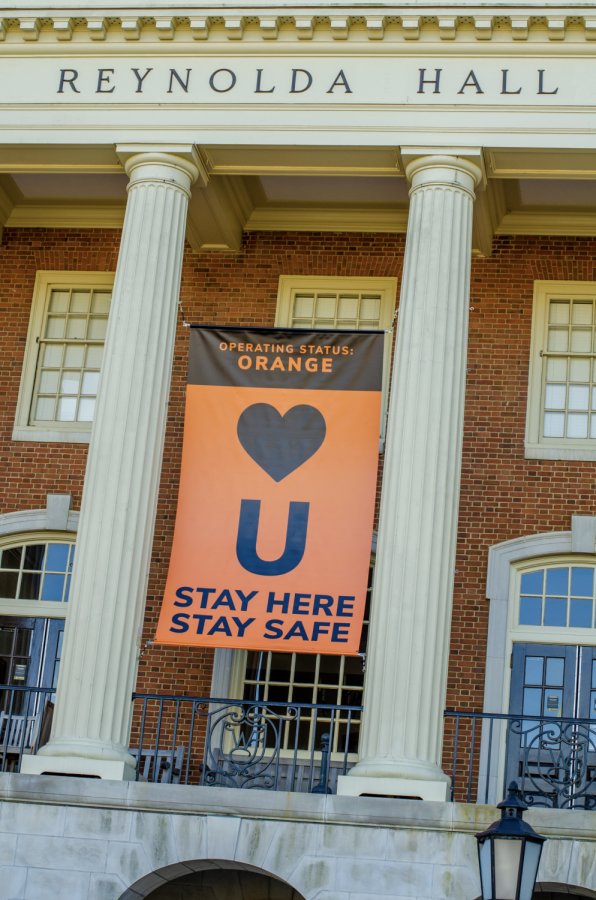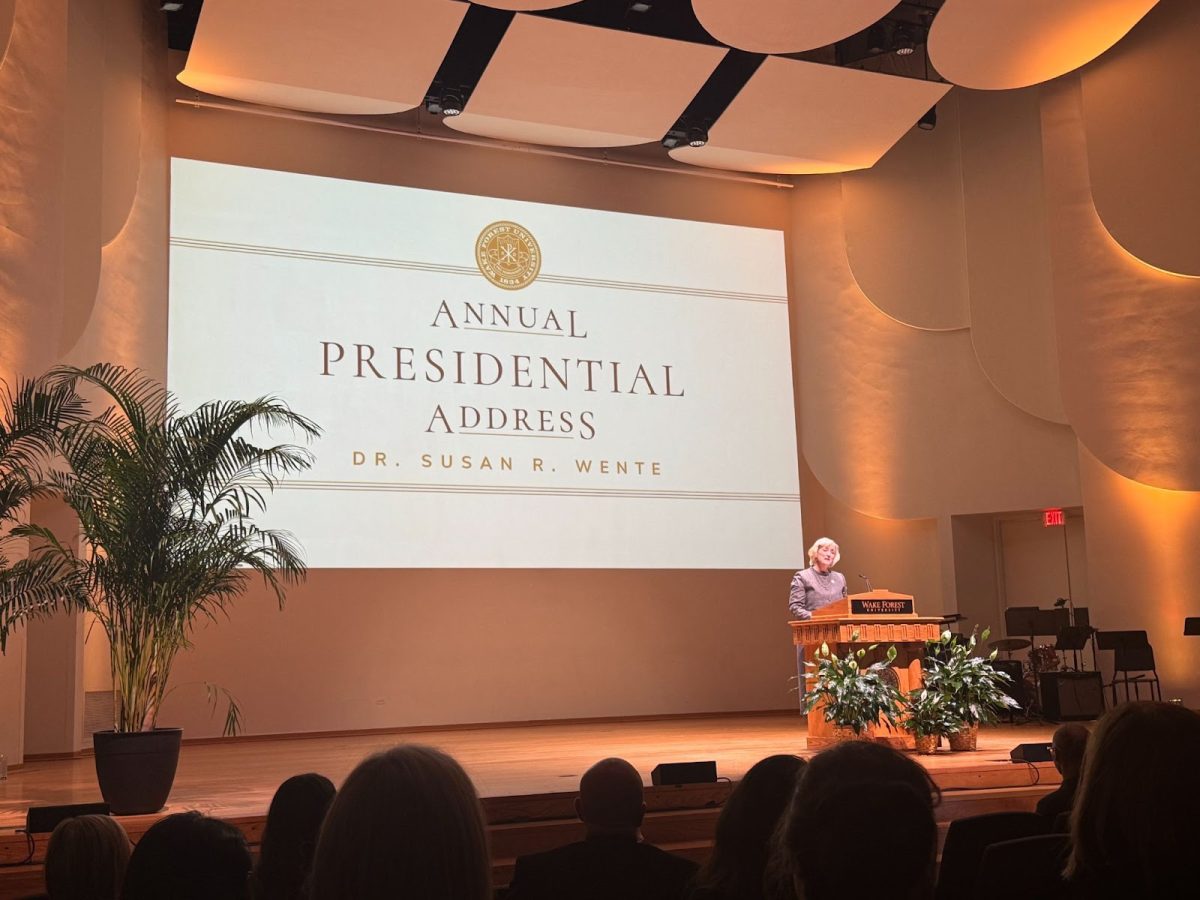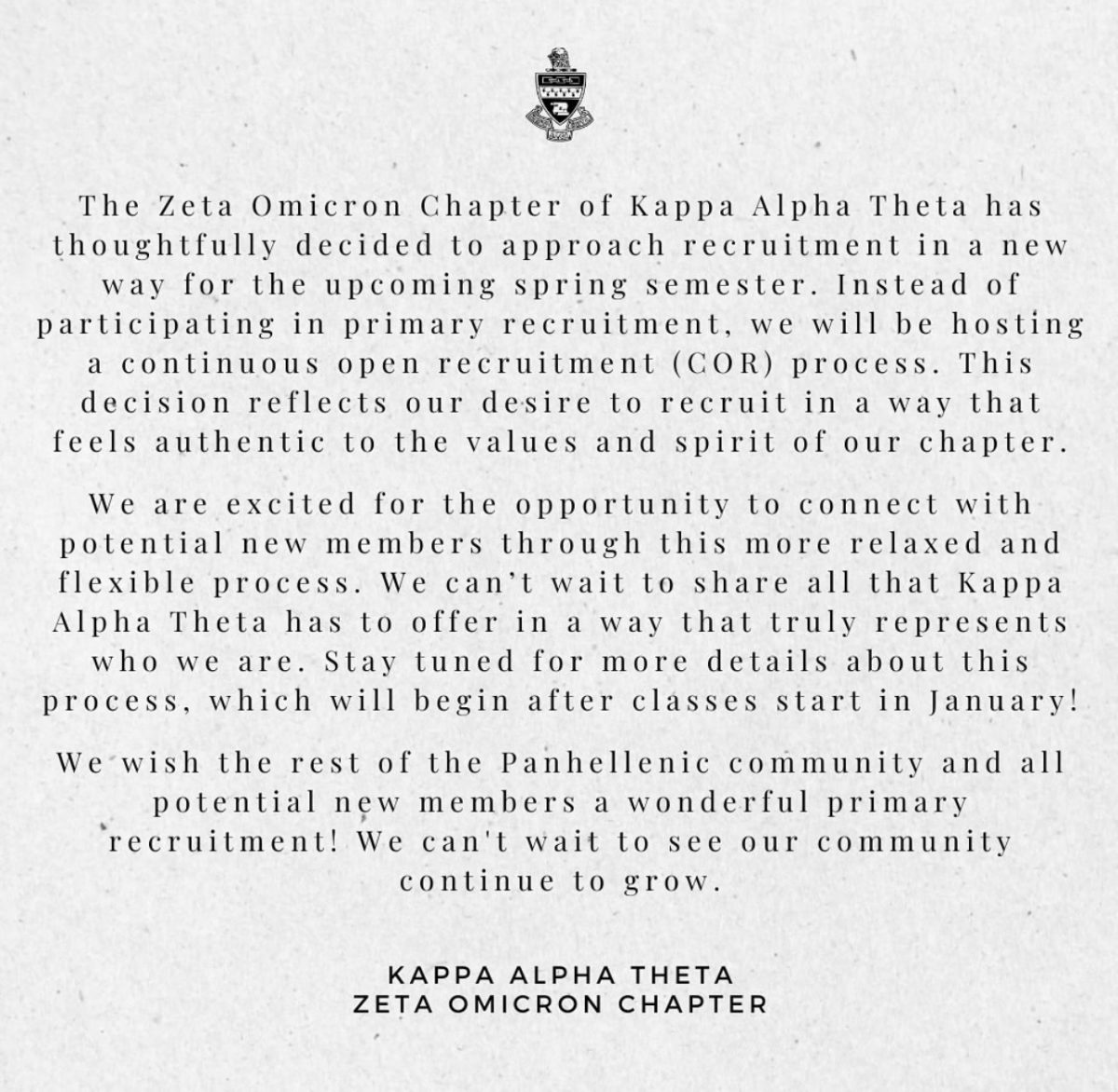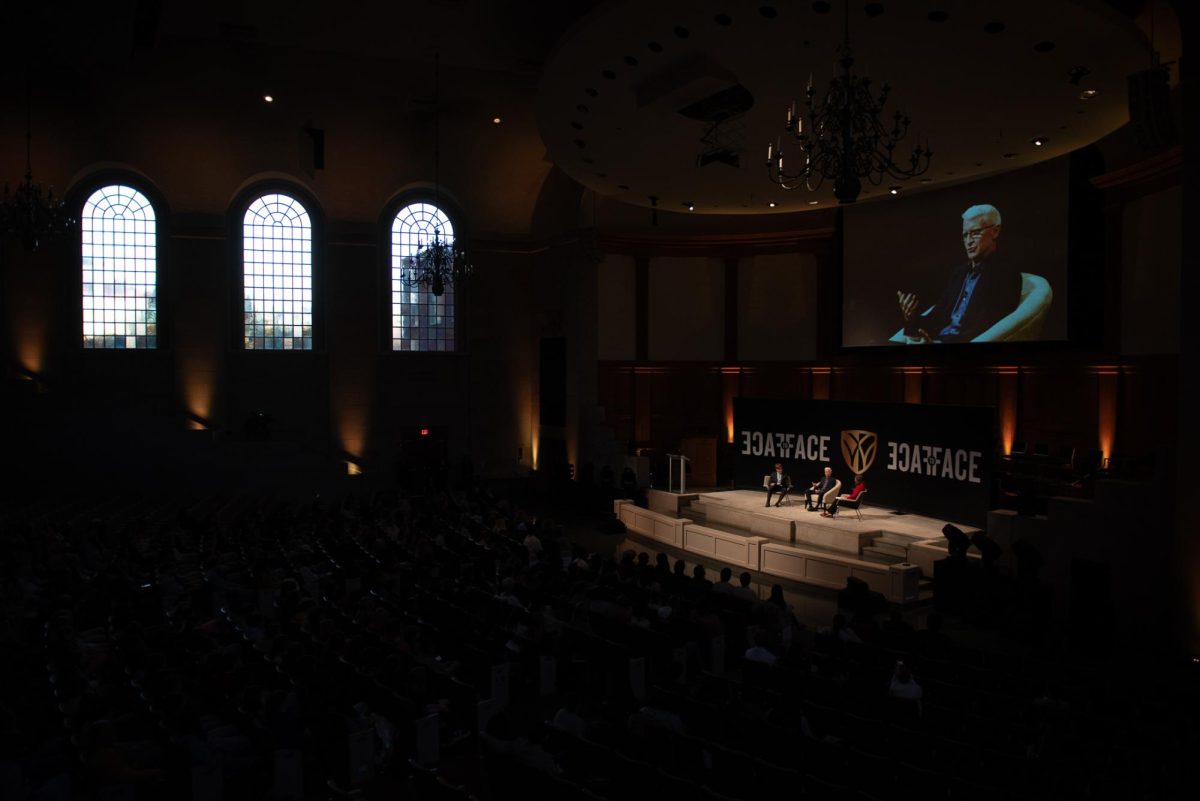On Jan. 20, approximately 80 educators from universities across the U.S. endorsed the “Making Caring Common” project which advocates for changes in the universities’ admissions practices.
This project, titled “Turning the Tide: Inspiring Concern for Others and the Common Good through College Admissions,” was proposed by Harvard Graduate School of Education.
One of the main goals of the report is to encourage universities to change their application process because current requirements often put students of a certain race, gender or socioeconomic status at a disadvantage.
“[This project] demonstrates how the admissions process can more accurately and meaningfully assess young people’s contributions to others and their communities, especially students who vary widely by race, culture and class,” according to the report.
A key portion of this initiative concerns standardized testing.
“Admissions offices should work to relieve undue pressure associated with admission tests (SAT and ACT),” according to the report.
Wake Forest has been ahead of this trend starting in May of 2008, when it announced that it would no longer require standardized testing from its applicants.
“Wake Forest has always been an outspoken champion of the importance of goodness, kindness and ‘pro humanitate,’” said Martha Allman, Dean of Admissions and one of the educators who endorsed the project.
“Our decision to become test optional in 2008 was a powerful statement that we believe students should be evaluated on their high school accomplishments, talents and character, not denied access to a selective college because of a single test score.”
Joseph Soares, chair of the department of sociology, played an important role in the university’s decision to go test-optional.
Soares has conducted extensive research on the subject.
Additionally, he has written multiple books and organized a national conference on the subject of standardized tests in college admissions. He is also one of the approximately 80 educators who endorsed the “Turning the Tide” project.
He strongly encourages other universities to nix standardized tests from their application.
“I found that the [SATs] are predictively weak,” Soares said. “The tests transmit social biases that are not relevant to how someone will do in college, be evaluated during their first year and cumulative grades or determine what kind of job or home-life a person is going to have after they leave college.”
When combined with other parts of the college application — grades, activities, etc. — SAT scores add little to the data that colleges use to make their admission decisions.
However, Soares found that the tests were a poor predictor of college success, but they also make it harder for minorities and those from low socioeconomic statuses to do well on the test.
“When you add that one percentage point, [SAT scores], to your model [of a student’s application], you’re adding a variable that brings with it, social biases and social disparity,” Soares said.
“Those disparities are most pronounced by race and gender — that is, women score lower than men on the SAT. If you work with high school grades, you do not have the same transmission of those social biases. There is no such thing as a perfectly neutral measure, but high school grades are more neutral than test scores.”
The “Turning the Tide” project advocates other changes besides moving away from test scores, as well. Furthermore, the report encourages universities to evaluate students in their service and activities, not just in their achievements.
“The admissions process should clearly convey that what counts is not whether service occurred locally, in some distant place or whether students were leaders, but whether students immersed themselves in an experience, and the emotional, ethical awareness and skills generated by that experience,” the report says.
It also underscores the importance of diversity in community service engagement.
“Rather than students ‘doing for’ students from different backgrounds, for example, we encourage students to ‘do with’ — to work in diverse groups for sustained periods of time on school and community challenges, groups in which students learn from one another,” the report says.
Many students and parents are under the impression that the quantity of activities a student participates is more important than the quality of the experience and the impact on the student.
This is also something that Soares believes needs to change in college preparation.
“We are not doing the youth of America a service by telling them that you have got to have a résumé that makes you look like you’re an Olympic athlete who has been working in leper colonies with Mother Theresa in order to get into college,” Soares said.
“So what this ‘Turning the Tide’ document does is it tries to de-escalate the arms race or the competitive race and tries to make [the application] more real. And making it more real means placing more emphasis on looking for people who are doing a few things, but very seriously.”
According to the report, if more colleges begin adopting these proposals, universities will find students with greater depth and achievement.
Hopefully, students from disadvantaged backgrounds will be able to express themselves in their applications on a more equal ground than someone from a more privileged background.



